Produced by UCHI’s Humility & Conviction in Public Life, earlier episodes of "Why We Argue" explored the triumphs and disasters of American political conversation. Also hosted by Professor Robert Talisse, this season of "Why We Argue" questioned political scientists, philosophers, journalists, historians, politicians, citizens, and the great political minds of our era on how we got here. Bringing together people from all sides of the political spectrum, Talisse investigated how a little more humility and a little less dogma could go a long way. Producer Matthew Guariglia.
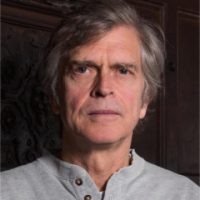
Controversial Ideas and "No Platforming" with Jeff McMahan
Jeff McMahan is White’s Professor of Moral Philosophy at the University of Oxford. His research focuses broadly on moral and political philosophy, and is perhaps best known for his work on the moral issues surrounding killing and letting die.
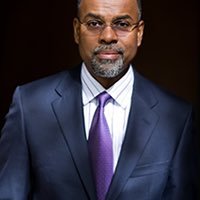
Democratic Faith and Social Change with Eddie Glaude Jr.
Eddie Glaude Jr. is James S. McDonnell Distinguished University Professor in the Department of Religion, and Chair of the Department of African American Studies, at Princeton University. He is the author of An Uncommon Faith: A Pragmatic Approach to the Study of African American Religion.
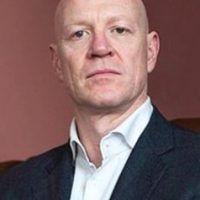
Global Oil and Social Change with Leif Wenar
Leif Wenar the Chair of Philosophy and Law at Kings College London. He is the author of the 2016 book Blood Oil: Tyrants, Violence, and the Rules that Run the World. This book has led to the publication, in 2018, of a companion volume, Beyond Blood Oil: Philosophy, Policy, and the Future.
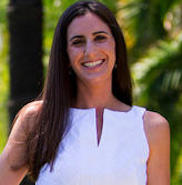
Religious and Political Identities with Michele F. Margolis
Michele F. Margolis is assistant professor of political science at the University of Pennsylvania. She has recently published a book titled From Politics to the Pews: How Partisanship and the Political Environment Shape Religious Identity.

The Constitution as a Public Ethos with Corey Brettschneider
Corey Brettschneider is Professor of Political Science at Brown University, and Visiting Professor of Law at Fordham University. His work is focused in democratic theory and constitutional law. His most recent book is titled The Oath and the Office: A Guide to the Constitution for Future Presidents.

Is Social Media Killing Democracy? with Regia Rini
Regia Rini is the Canada Research Chair in Philosophy of Moral and Social Cognition at the York University. Her research resides at the intersections of moral philosophy, psychology, and political epistemology. She also publishes popular work on topics concerning the social and political impacts of technology. She is currently working on a book about social media and democracy.
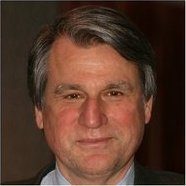
Are Citizens Polarized with Steven Kull
Steven Kull is a Senior Research Associate and director of the Program for Public Consultation at the School of Public Policy at the University of Maryland. He is also the Founder and Director of the nonpartisan organization Voice of the People, which is working to create structures and institutions that would enrich the channels of communication between Congress and citizens. Steven is a political psychologist who studies a range of phenomena from public political ignorance and popular attitudes about climate change to congressional decision-making and international attitudes towards religion.

Epistemic Vice with Ian James Kidd
Ian James Kidd is an Assistant Professor of Philosophy at University of Nottingham with research interests in epistemology, vices, epistemic justice, and illness. He is a co-author of the recently published The Routledge Handbook of Epistemic Justice.
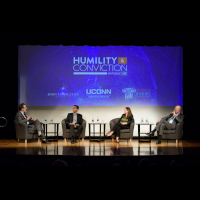
Faith and Politics with David Gergen, Rabbi Melissa Weintraub, and Eboo Patel
This episode features a conversation between former presidential advisor David Gergen, Rabbi Melissa Weintraub of Resetting the Table, and Eboo Patel of the Interfaith Youth Core, taken from Humility and Conviction in Public Life’s event Faith & Politics which was held on April 25, 2018 at the Wadsworth Atheneum Museum in Hartford, Connecticut with the CT Forum. The conversation was moderated by John Dankosky of Connecticut public radio.

What Money Can't Buy with Michael Sandel
Michael Sandel is Anne T. and Robert M. Bass Professor of Government at Harvard University. Sandel is an internationally renowned political philosopher who Newsweek has lauded as “the world’s most relevant living philosopher.” His latest project is a video series titled What Money Can’t Buy, which has Michael and an international group of college students exploring the question “What, if anything, is wrong with a world in which everything is for sale?” You can view the series for free at whatmoneycantbuy.org.

Political Polarization and Epistemic Arrogance Workshop
This episode is a collection of segments from papers given at Humility and Conviction in Public Life’s workshop on Political Polarization and Epistemic Arrogance. On this episode you will hear short selections from talks given by Jennifer Saul, Lani Watson, Michael Lynch, Alessandra Tanesini, Elizabeth Krumrei Mancuso, Steven Sloman, and Heather Battaly.

Polarization with Shanto Iyengar
Shanto Iyengar is Professor of Political Science at Stanford University. He has written extensively on news media and political communication in contemporary democracy. His most recent book is titled Media Politics: A Citizen’s Guide (W. W. Norton, 2015); new edition is forthcoming this year. His current research focuses on political polarization, framing effects, and political affect.
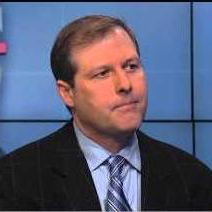
Policing and Political Division with Alex Vitale
Alex Vitale is a Professor of Sociology and coordinator of the Policing and Social Justice Project at Brooklyn College. He has written for a number of popular publications including the New York Times, New York Daily News, USA Today, and The Nation. His newest book The End of Policing is out now from Verso press.
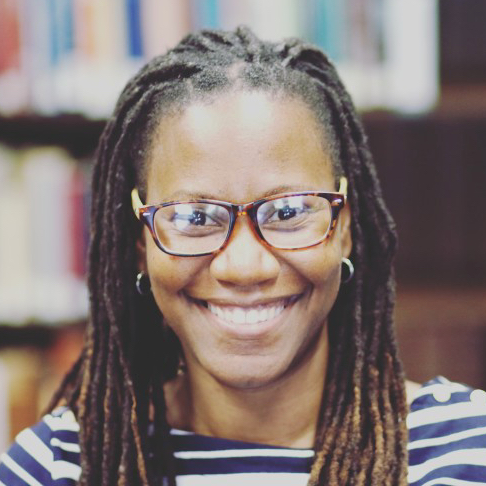
Anger, Forgiveness, and Public Philosophy with Myisha Cherry
Myisha Cherry is a PhD candidate in Philosophy at the University of Illinois, Chicago, and next year will be Assistant Professor of Philosophy at University of California, Riverside. She is co-editor of the volume, The Moral Psychology of Anger. Her work is focused on the nature of anger and forgiveness, especially in the context of racial injustice. Cherry is also the host and creator of the UnMute Podcast.

Conspiracy Theories with Quassim Cassam
Quassim Cassam is Professor of Philosophy at University of Warwick in the UK. His academic work resides at the intersection of epistemology and philosophy of mind, where he explores topics pertaining to self-knowledge, self-deception, and epistemic virtue and vice. His forthcoming book is titled Vices of the Mind, and it will be published this year with Oxford University Press.
Public Debate and Respectful Engagement with John Corvino
John Corvino is Professor of Philosophy at the Wayne State University in Detroit. His academic work focuses on topics in moral, social, and legal philosophy surrounding sexuality, gender, marriage, religious conviction, and discrimination. But John is also an active public philosopher who frequently participates in public debates over these topics. He produces and appears in a popular YouTube series of short videos devoted to the philosophical discussion of controversial topics. He is the author of What’s Wrong with Homosexuality?, co-author (with Maggie Gallagher) of Debating Same Sex Marriage, and.co-author (with Ryan Anderson and Sherif Girgis) of Debating Religious Liberty and Discrimination, all published with Oxford University Press.

Constitutional Reform in Iceland with Jon Olafsson
Jon Olafsson is Professor in the the department of Comparative and Cultural Studies at the University of Iceland. His research is focused on democracy, political participation, dissent, reconciliation, and social criticism. Jon has written extensively about the efforts in Iceland—from roughly 2010 to 2013—to revise the nation’s constitution.
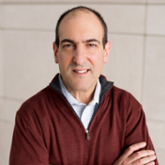
Testimony and Anonymity with Sandy Goldberg
Sandy Goldberg is Professor of Philosophy at Northwestern University. He specializes in epistemology and philosophy of language, with particular interest in the social aspects of knowledge and speech; these foci converge in his ongoing work on testimony. Sandy has written several books including Relying on Others (Oxford 2010) and, more recently, Assertion (Oxford 2015); his forthcoming book is titled To the Best of Our Knowledge, and is forthcoming with Oxford University Press.
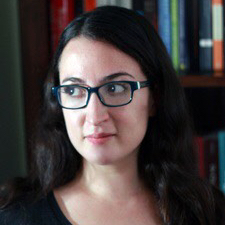
Misogyny and Politics with Kate Manne
Kate Manne is Assistant Professor of Philosophy at Cornell University. She specializes in moral and social philosophy and feminist philosophy. Her new book is titled Down Girl: The Logic of Misogyny (Oxford 2018).
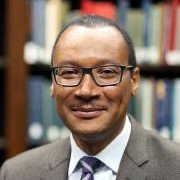
Inequality and Democracy with Tommie Shelby
Tommie Shelby is Caldwell Titcomb Professor of African and African-American Studies, and Professor of Philosophy at Harvard University. His research focuses on political equality and problems of economic, social, and criminal justice. His most recent book is Dark Ghettos: Injustice, Dissent, and Reform, which is published by Harvard University Press.
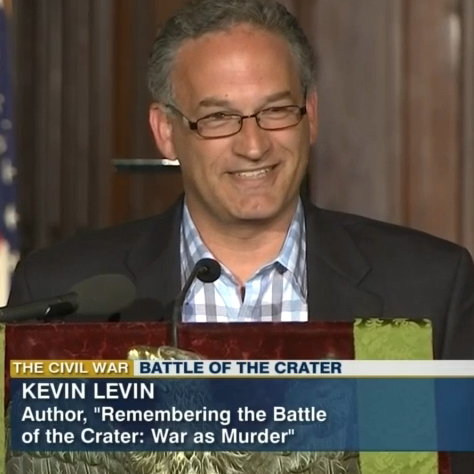
Confederate Monuments with Kevin Levin
Can we change minds about Confederate monuments? Kevin Levin is a historian and educator studying the American Civil War and memory. His book, Remembering the Battle of the Crater: War as Murder (University Press of Kentucky, 2012), was just released in paperback and he is the author of a recent article in the Atlantic Why I Changed My Mind About Confederate Monuments.
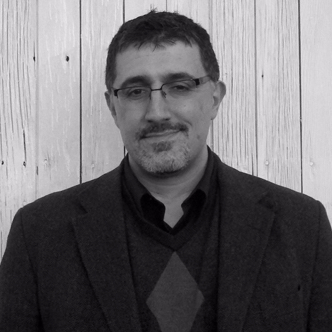
Climate Change Skepticism with Lawrence Torcello
How does corporate misinformation and partisan skepticism effect what we know about climate change? Lawrence Torcello is an Associate Professor of Philosophy at the Rochester Institute of Technology. His research focuses on social and political philosophy, democratic theory, and climate justice.
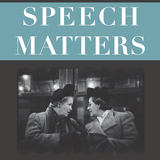
Free Speech and Free Thinking with Seana Shiffrin
Seana Shiffrin is Professor of Philosophy and Pete Kameron Professor of Law and Social Justice at UCLA. She defends the “thinker theory” of freedom of speech, which holds that a central reason for upholding a moral and legal system of free speech is that such a system is necessary for free thought and reflective action. This view is articulated in her book, Speech Matters:On Lying, Morality, and the Law (Princeton 2014).
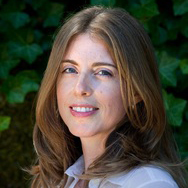
Smart Democracy with Helene Landemore
Helene Landemore is Associate Professor in the Political Science Department at Yale University. She defends the idea that democracy succeeds at harnessing the collective wisdom of the citizenry. This view is spelled out in her 2013 book Democratic Reason (Princeton University Press 2013). Landemore is currently completing a new book about the institutional design of a smart democracy.
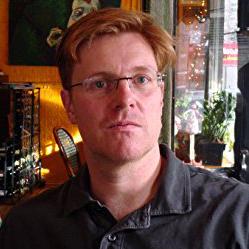
The Public Value of Philosophy with Nigel Warburton
Nigel Warburton holds a PhD in Philosophy from Cambridge and has held academic positions at University of Nottingham and the Open University. But he is today a freelance public philosopher. He has offered philosophy courses at the Tate Modern gallery, he conducts monthly philosophical discussions at Blackwell’s Bookshop in Oxford, and co-hosts with David Edmonds the wildly popular podcast series Philosophy Bites. Nigel is the author of several books of philosophy, including The Art Question (Routledge 2002), Free Speech: A Very Short Introduction (Oxford 2009), and A Little History of Philosophy (Yale 2012).

Brexit, Trump, & Democracy with Thom Brooks
Thom Brooks is Dean of Durham Law School, Professor of Law and Government, and Associate in the Department of Philosophy in the School of Government and International Affairs at Durham University. His academic work focuses on issues in Ethics, Criminal Law, and Public Policy. But he is widely known as an outspoken critic of the UK Citizenship Test. His most recent book is Becoming British: UK Citizenship Examined (Biteback Publishing 2016).
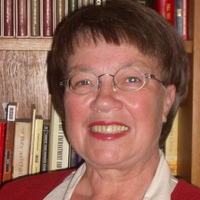
Good & Bad Arguments with Trudy Govier
Trudy Govier is Emerita Professor of Philosophy at the University of Lethbridge in Alberta, Canada. Her research is focused on the nature of argumentation and questions concerning social trust, forgiveness, and reconciliation. She is also the author of a highly influential informal logic text, A Practical Study of Argument (7th edition, Cengage), as well as Forgiveness and Revenge (Routledge 2002) and Victims and Victimhood (Broadview 2015).
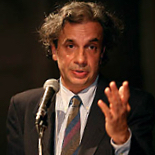
Identity and Democracy with Akeel Bilgrami
Akeel Bilgrami is Sidney Morgenbesser Professor of Philosophy at Columbia University, and a member of Columbia’s Committee on Global Thought. Bilgrami’s research spans issues in Philosophy of Mind, Philosophy of Language, Moral Philosophy, and Political Philosophy. His most recent book is titled Secularism, Identity, and Enchantment (Harvard 2014). And he is the author of the forthcoming book, What is a Muslim? (Princeton UP).
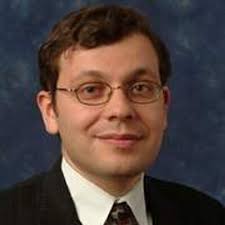
Know-Nothing Politics with Ilya Somin
Ilya Somin is Professor of Law at the Antonin Scalia Law School of George Mason University and regular contributor to the Volokh Conspiracy blog at the Washington Post. Somin’s research focuses on issues concerning constitutional law, property law, and public political participation. He is the author of The Grasping Hand: Kelo v. City of New London and the Limits of Eminent Domain (University of Chicago Press, 2015) and Democracy and Political Ignorance: Why Smaller Government is Smarter (revised edition, Stanford University Press, 2016).
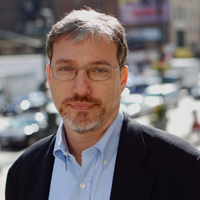
Different Medias with Eric Alterman
Eric Alterman is CUNY Distinguished Professor of English and Journalism at Brooklyn College. Eric is also a columnist for The Nation, and a senior fellow at the Center for American Progress in Washington and the World Policy Institute in New York. He is the author of several books, including When Presidents Lie (Penguin 2004), Kabuki Democracy (Nation Books 2011), and most recently, Inequality and One City (Nation Books 2015).
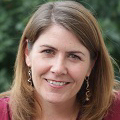
Democracy and Civility with Karen Stohr
Karen Stohr is Associate Professor of Philosophy and Senior Research Scholar at the Kennedy Institute of Ethics at Georgetown University. Stohr’s research focuses on Immanuel Kant’s moral philosophy and virtue theory. She is the author of academic articles dealing with topics such as beneficence, modesty, and friendship. In her recent book, On Manners (Routledge 2012), Stohr argues that the social niceties commonly characterized as manners have distinctively moral content.
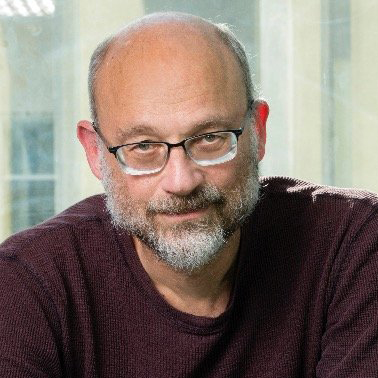
Democracy and Dialogue Online with Joshua Cohen
Joshua Cohen is a faculty member of Apple University, and is Distinguished Senior Fellow at the School of Law, the Department of Philosophy, and the Department of Political Science at Berkeley. He is the author of several influential academic articles, many of which are collected in Philosophy, Politics, Democracy(Harvard 2009), and The Arc of the Moral Universe and Other Essays (Harvard, 2011). Since 1991, Cohen has edited the Boston Review.
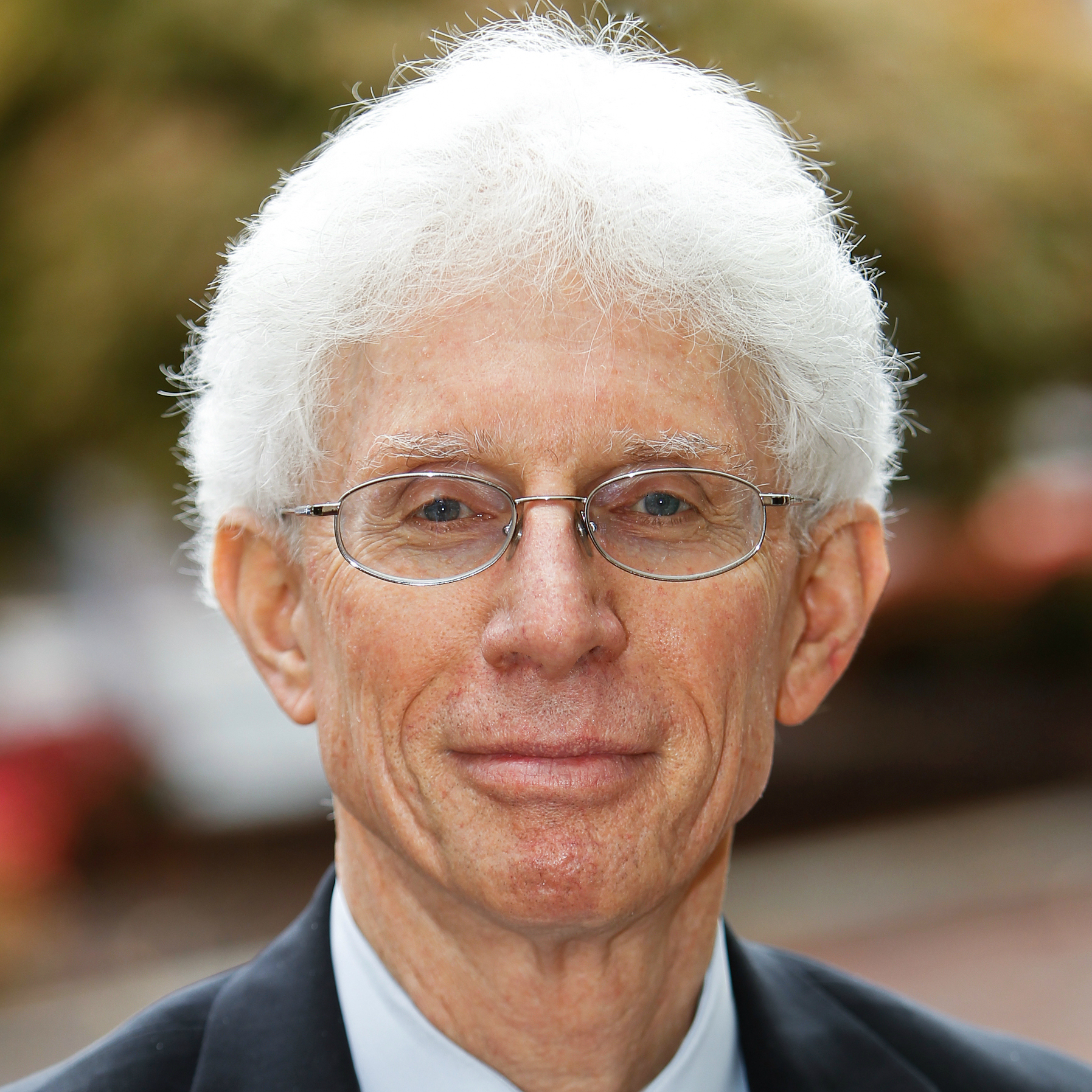
Political Rhetoric and Political Experience with William Galston
William Galston is Ezra K. Zilkha Chair and Senior Fellow in the Brookings Institution’s Governance Studies Program. He is also a former Deputy Assistant to President Clinton for Domestic Policy. Additionally, he writes a weekly column for the Wall Street Journal. Galston’s academic work focuses on value pluralism and civic renewal. He is the author of the books Liberal Pluralism (Cambridge, 2002), The Practice of Liberal Pluralism (Cambridge, 2004), and Public Matters (Rowman & Littlefield, 2005).
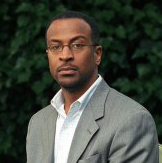
Race and Democratic Virtue with Paul C. Taylor
Paul C. Taylor is Associate Dean for Undergraduate Studies in the College of the Liberal Arts and Associate Professor of Philosophy and African American Studies at Penn State. His research focuses on philosophy of race, social and political philosophy, Africana philosophy, and aesthetics. He is the author of Race: A Philosophical Introduction (Blackwell, 2013), On Obama (Routledge, 2015), and Black Is Beautiful: A Philosophy of Black Aesthetics (Blackwell, 2016).
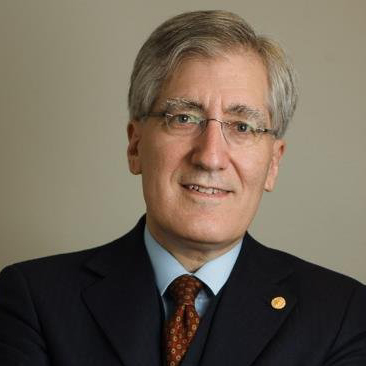
Free Speech Matters with Robert George
Robert George is the McCormick Professor of Jurisprudence and Professor of Politics at Princeton University, and the founding director of Princeton’s James Madison Program in American Ideals and Institutions. His research focuses on issues in ethics, political philosophy, and philosophy of law. He is the author of the books Making Men Moral (Oxford, 1993), The Clash of Orthodoxies (Intercollegiate Studies Institute, 2001), and the recent Conscience and its Enemies (Intercollegiate Studies Institute 2013).
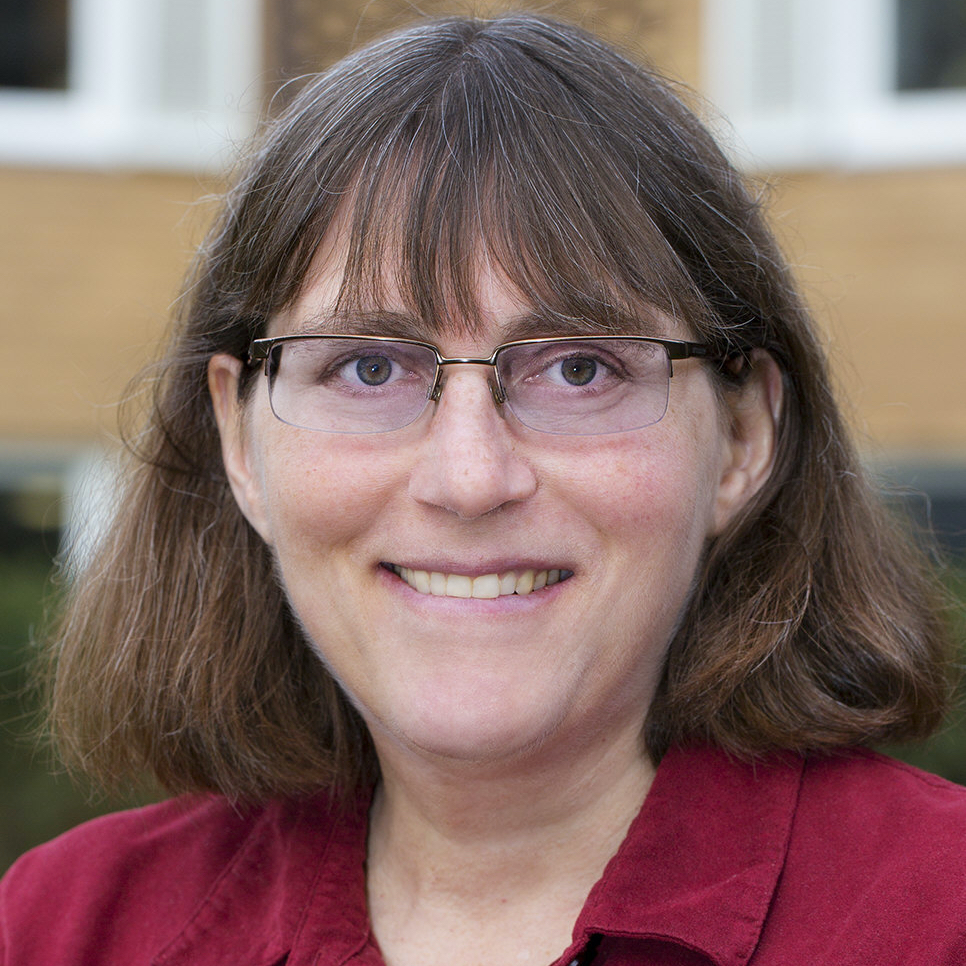
Populist Moments with Elizabeth Anderson
Elizabeth Anderson is John Dewey Distinguished University Professor, John Rawls Collegiate Professor, Arthur F. Thurnau Professor, and Department Chair at the University of Michigan in Ann Arbor. She specializes in Ethics and Political Philosophy, writing on issues of social justice, equality, race, and gender. She is the author of the Imperative of Integration (Princeton, 2010) and the forthcoming Private Government (Princeton, 2017). (Credit photographer David Paterson.)
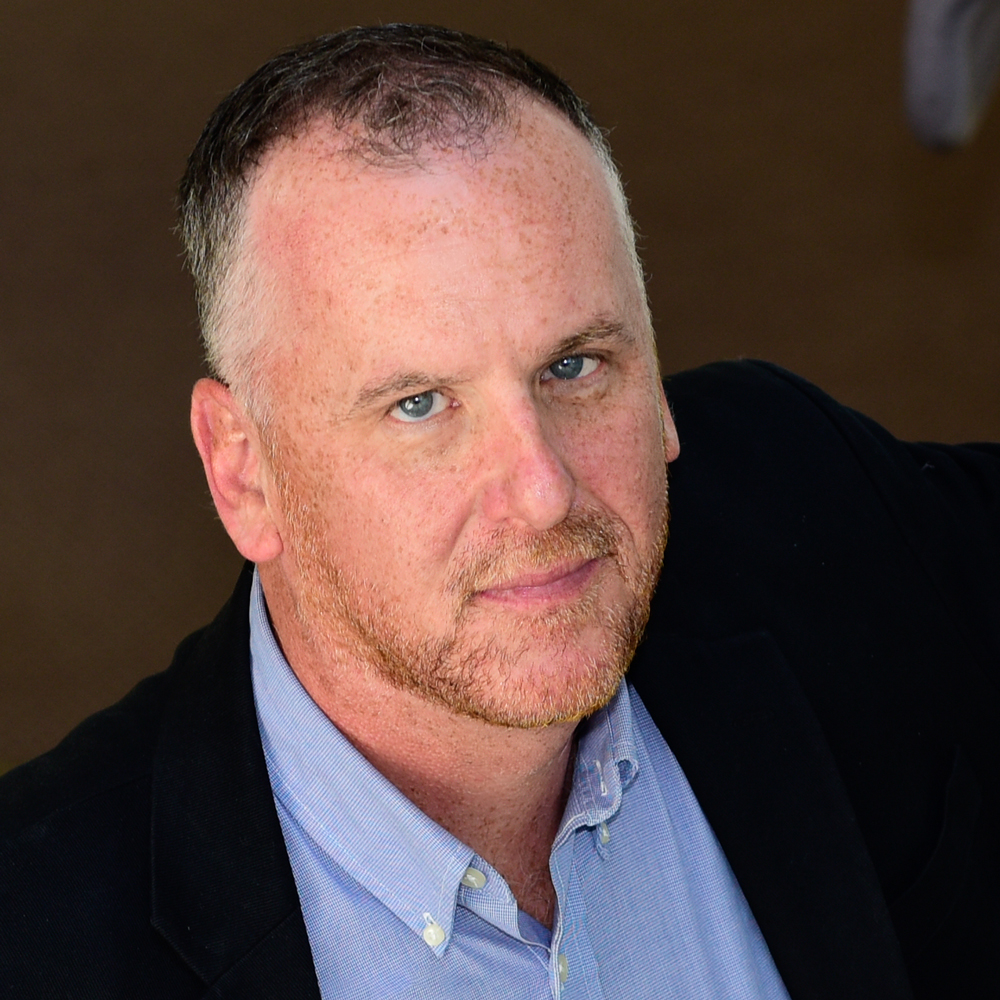
Democracy and Social Media with Michael Lynch
Michael P. Lynch is a Professor of Philosophy at the University of Connecticut, the director of UConn's Humanities Institute, and the primary investigator on the multi-million dollar grant project Humility & Conviction in Public Life, funded by the John Templeton Foundation. His research concerns truth, public discourse, and the impact of technology on democratic society. He is the author of True to Life (MIT, 2004), In Praise of Reason (MIT, 2012) and recently The Internet of Us (Liveright, 2016).